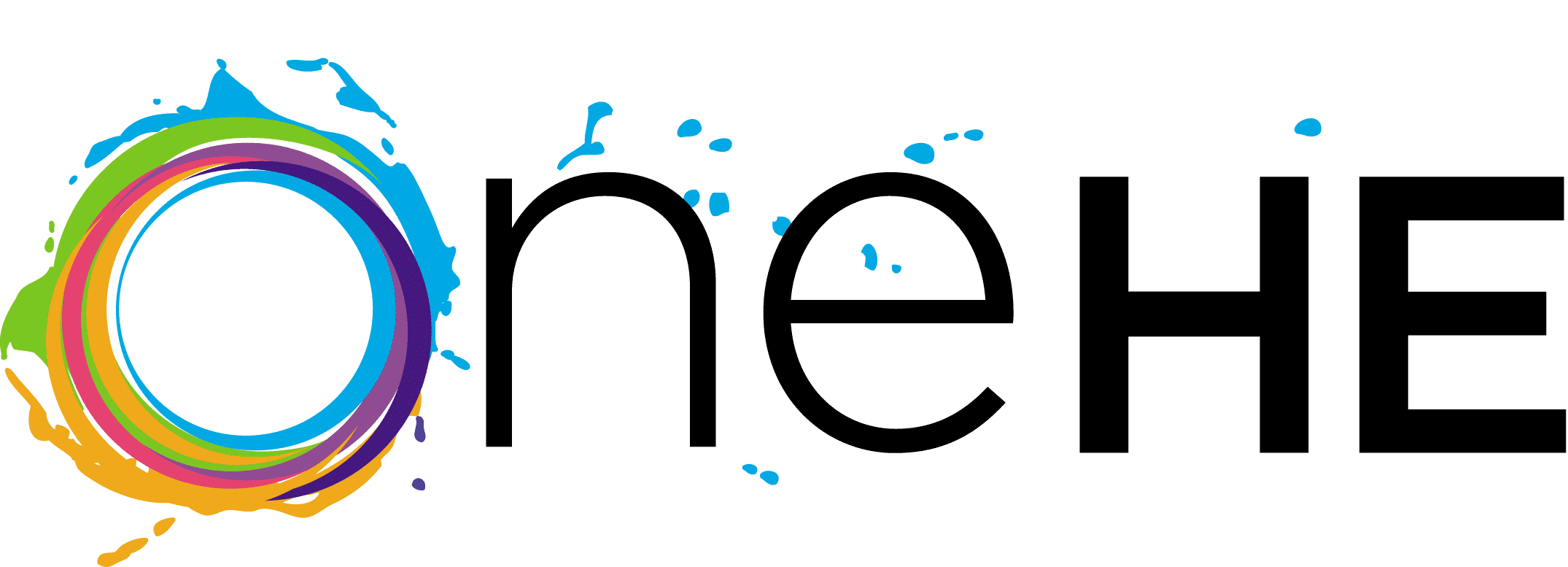Students will often find themselves in situations where they must get acquainted with a new subject that they know very little about. This can be a daunting and frustrating process, and they can find it hard to conduct effective searches and find good sources. This activity gives students a methodology for approaching exploratory searches in a structured way that allows them to maintain an overview of the topic, while also identifying sites and resources that will be useful to them as they extend their knowledge.
LEARNING OUTCOMES
On completion of this activity, students will be able to:
- Become more knowledgeable on a new topic through exploratory searching.
- Use different search sites and resources in their exploratory research of a topic.
- Apply a structured approach to their exploratory search.
HOW TO DELIVER THIS ACTIVITY
In this activity, students make use of an exploratory search method to gain knowledge on a topic with which they are not familiar.
THE ACTIVITY: STEP BY STEP
Step 1
Step 2
Step 3
- “Good” keywords / keywords
- Search sites and links
- References to other sources
- Subject experts
- Words of no further search use.
Step 4
Step 5
Step 6
Step 7
After the activity
EDUCATOR TO-DO
- Prepare a short presentation about the exploratory search. Click here to view a video for inspiration.
- Decide which search sites, databases, etc. the activity should focus on. You might find guidance from your institution’s library regarding this choice.
MATERIALS REQUIRED
- Source A3 sheets of paper and pens for the group work.
- An online equivalent might be to use a Miro board or other collaborative tool.
- Other resources on exploratory search include Exploratory search on Wikipedia and Better Thesis: Your Online Support by the University of South Denmark.
LINKS TO OTHER STAK ACTIVITIES:
Use your browser’s native translation function to translate the links below from Danish or click here to access an online URL translation tool. You will need to copy and paste the website URL into the translation tool and select the language you want it translated to.
Structure and systematics in academic information retrieval – the further information search.
The first search is rarely the best – how to work the structure with your keywords and search structure.
Google banned (Digital Restrictions) – use of search resources other than Google where Google is banned.
DESIGNED BY
Ulla Buch Nilson and Jette Hougesen from VIA Library and Helle Brink from Aalborg University Library, Denmark.












